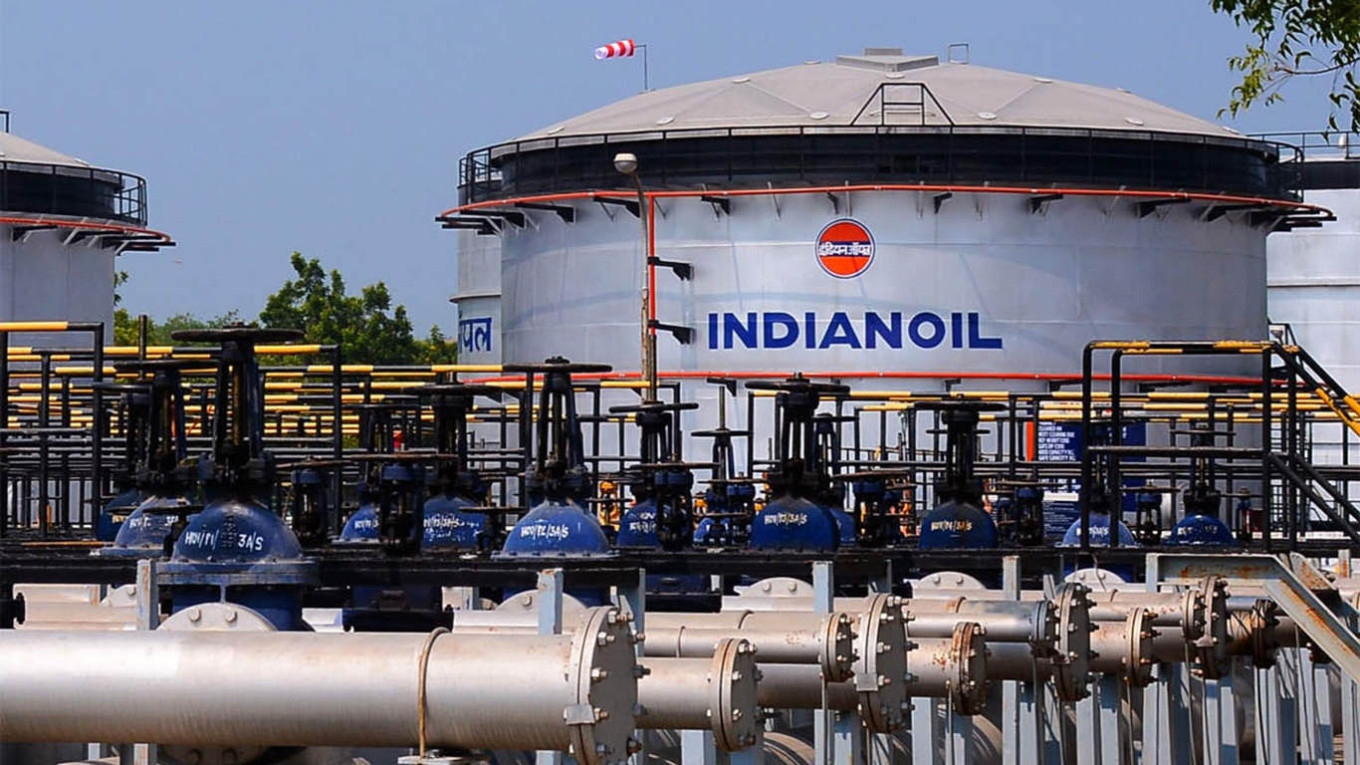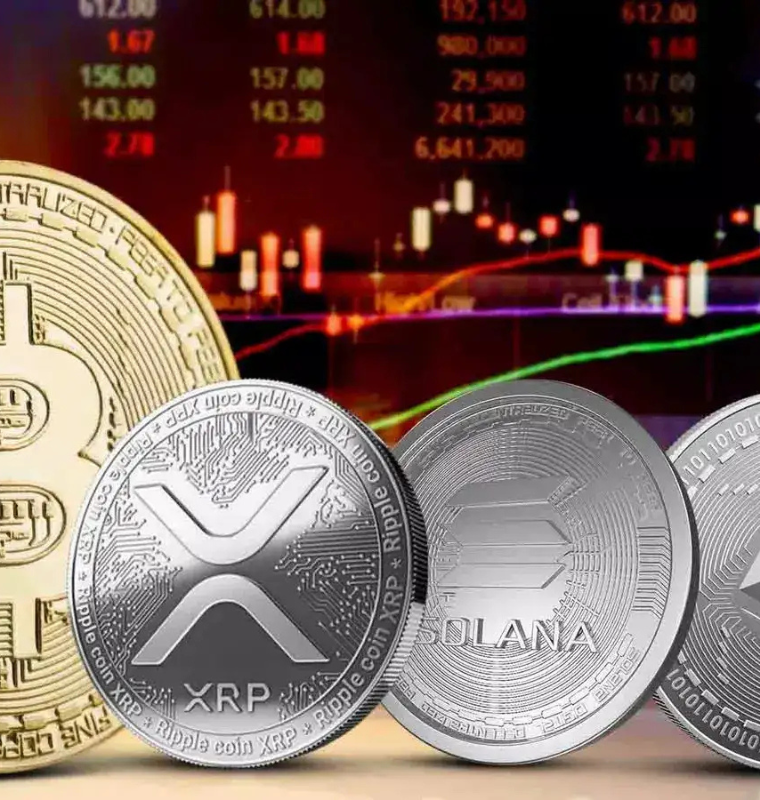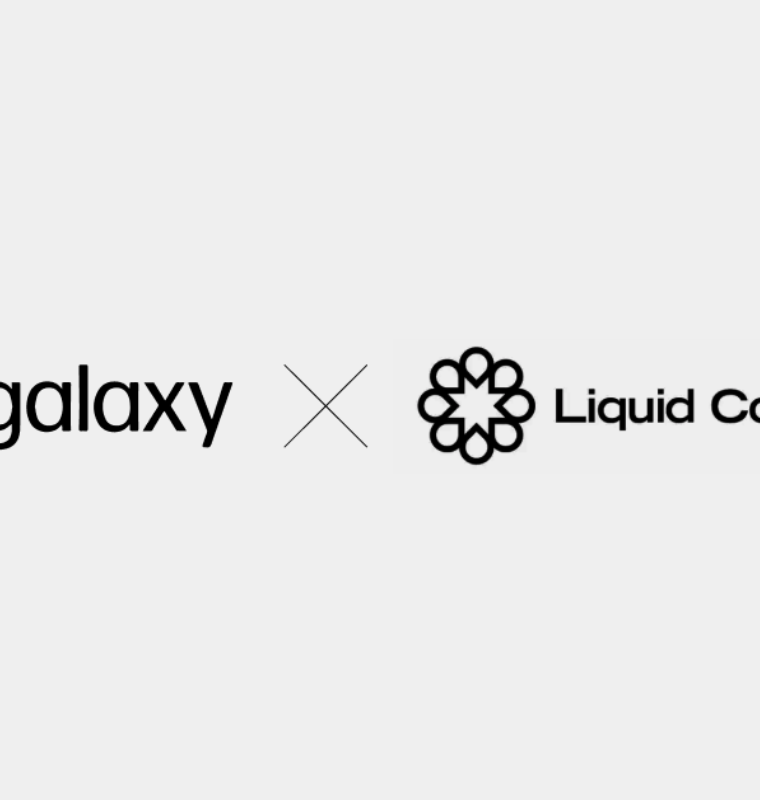Indian State Refiners Halt Russian Oil Purchases Amid Shrinking Discounts and U.S. Tariff Threats
Indian State Refiners Halt Russian Oil Purchases Amid Shrinking Discounts and U.S. Tariff Threats
By
Junia Wells
Last updated:
August 1, 2025
First Published:
August 6, 2025

Photo: The Moscow Times
Indian State Refiners Step Back from Russian Oil
In a significant shift, India’s top state-owned refiners have paused purchases of Russian crude oil over the past week. This move comes as discounts on Russian oil—once a major attraction for buyers—have tightened to their lowest levels since Western sanctions began in 2022. Sources close to the refiners told Reuters that Indian Oil Corporation (IOC), Hindustan Petroleum Corporation Limited (HPCL), Bharat Petroleum Corporation Limited (BPCL), and Mangalore Refinery and Petrochemicals Limited (MRPL) have halted procurement from Russia, opting instead for supplies from the Middle East and West Africa.
India’s Role in Russian Oil Trade
India, the third-largest oil importer globally, has been a critical lifeline for Russia’s energy exports, accounting for approximately 35% of India’s total oil imports. Russian crude has supplied nearly 1.8 million barrels per day (bpd) to India in the first half of 2025. While private refiners such as Reliance Industries and Nayara Energy — which have strong ties to Russian firms including Rosneft — continue longstanding contracts, state refiners, controlling over 60% of India's refining capacity of 5.2 million bpd, have become increasingly cautious amid mounting geopolitical risks.
Geopolitical Pressure and Tariff Threats
The change in buying patterns aligns with intensified diplomatic pressure from the U.S. President Donald Trump’s recent warnings, including threats of 100% tariffs on countries importing Russian oil unless Moscow agrees to a peace deal with Ukraine. Trump’s administration has accelerated the timeline for imposing secondary sanctions, shortening the window from 50 days to just 10-12 days for compliance.
Additionally, Trump announced a 25% tariff on Indian imports effective August 1, while simultaneously warning of penalties related to purchases of Russian oil and arms. These developments have added complexity to India’s longstanding opposition to “unilateral sanctions” and underscored the precarious balancing act New Delhi faces between energy security and diplomatic relations.
Refiners Turn to Alternative Crude Sources
As Russian oil discounts narrow due to reduced Russian exports and steady global demand, Indian state refiners are increasingly turning to spot markets for replacement barrels. The most notable alternatives include Abu Dhabi’s Murban crude and various West African grades. Traders noted that Reliance Industries recently booked Murban crude for October delivery, signaling a strategic pivot unusual for the company given its prior reliance on Russian supply.
Challenges Ahead for India’s Oil Sector
While private refiners with Russian ties maintain imports, the overall slowdown in state refiner purchases reflects concerns about future compliance and financing complications arising from EU and U.S. sanctions, including the new Russian price cap. The evolving regulatory landscape threatens to disrupt established supply chains and financing arrangements, pushing Indian refiners to seek more stable and less politically risky sources.
India’s pause in purchasing Russian crude highlights the growing influence of international sanctions and trade pressures on global energy markets. With Russian oil discounts tightening and geopolitical risks rising, Indian refiners are adapting by shifting toward Middle Eastern and African crudes, while private sector players navigate existing contracts with Moscow. This dynamic signals a pivotal moment for India’s energy strategy as it balances economic needs with diplomatic realities in a turbulent global environment.
Popular articles
Subscribe to unlock premium content
Disney’s Timeless Magic and How the Entertainment Giant Continues to Shape Culture and Innovation

Imran Khan’s Economic Missteps Amid Political Chaos in Pakistan

The Philippines’ Digital Shift How Remittances and BPO Are Fueling Growth

Disney’s Timeless Magic and How the Entertainment Giant Continues to Shape Culture and Innovation

Imran Khan’s Economic Missteps Amid Political Chaos in Pakistan

Disney’s Timeless Magic and How the Entertainment Giant Continues to Shape Culture and Innovation









